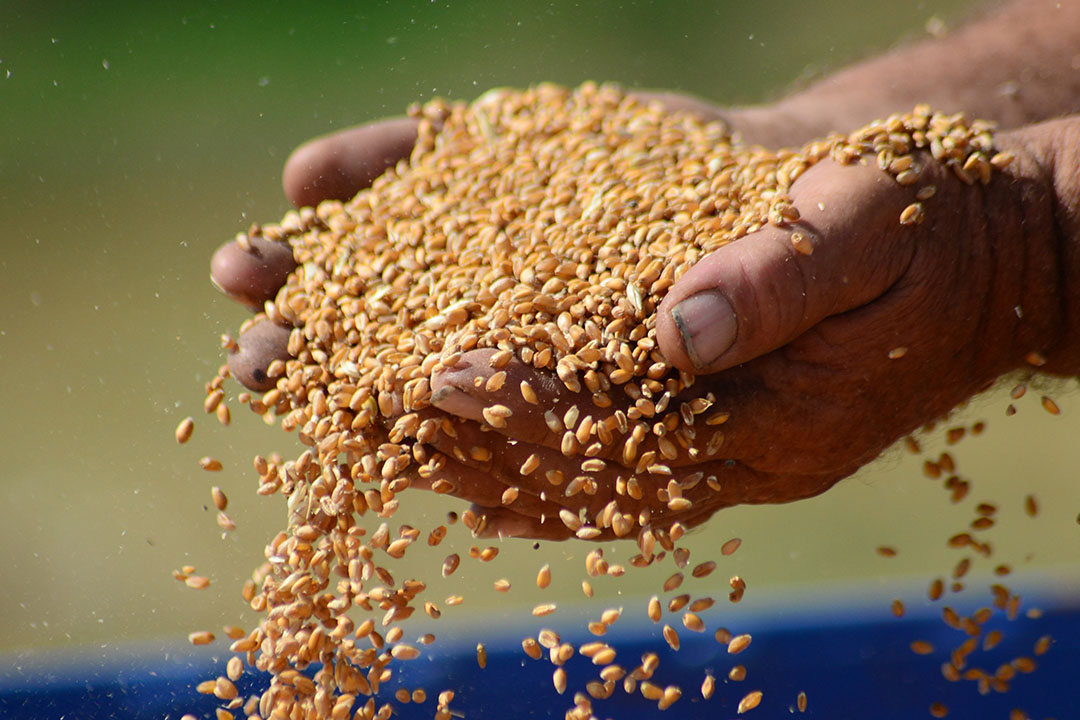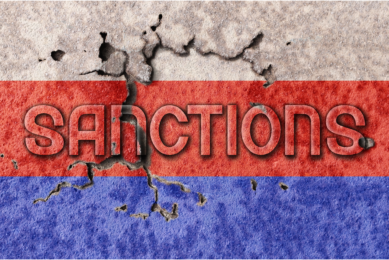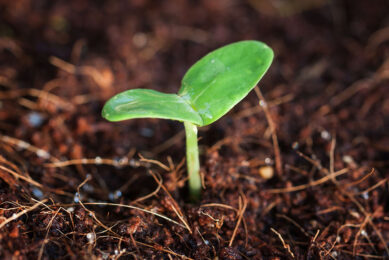Russia adopts a new grain industry development strategy

By 2035, Russia will be harvesting on average 140 million tonnes of grain per year, 24% up as compared to the 2018 level, according to a long-term grain industry development programme recently adopted by the Russian Agricultural Ministry.
By this time, the domestic consumption is expected to be around 86.6 million tonnes per year, of which 52.3 million tonnes will be used in feed production, the ministry said. During the coming 17 years, it is estimated that the overall investments into the Russian feed and flour industry are expected to be around Rub559 billion (US$9 billion).
Improving infrastructure
In addition, around Rub281 billion (US$4.3 billion) is due to be invested into various infrastructure projects, including the building of grain terminals in Russian seaports, and some storage facilities for grain and feed. These investments are aimed at improving logistics in the Russian grain and feed industries, the ministry said.
Purchase of new agricultural equipment
Around Rub3.3 trillion (US$70 billion) are to be invested in the purchasing of new agricultural equipment, including harvesters and tractors. These are private investments, as the programme provides no details regarding the planned state aid to Russian grain producers during the coming years that the government has previously promised.
The anticipated increase in Russian grain production would drive the overall value of Russia’s agricultural exports to US$45 billion already in 2025, which would be nearly double compared to 2018, the ministry said.
Increasing feed production
In 2018, Russia manufactured 28.9 million tonnes of feed, 5% increase on the previous year, Russian State Statistical Service estimated. In addition, it is believed that the actual feed production in the country is higher than the official statistical data reflects, as several million tonnes of feed per year is being manufacturing in the shadow segment of the market.
Making Russian livestock producers competitive
The new strategy focuses primarily on the domestic market, and it is expected that thanks to the new programme the Russian livestock producers would have enough feed at affordable prices and of sufficient quality, so they could be competitive both on the domestic and international markets, Sergey Yushin, chairman of the Russian National Meat Association told the Russian newspaper Agroinvestor.
Growth in domestic feed market
By 2025, Russia will increase feed production to 40 million tonnes, Russian Union of Feed Producers forecasted earlier this year. The overall installed production capacities in the country by that time could be expanded to 45 million tonnes. It is forecasted that the domestic demand for feed in the country will be growing with an average pace of about 4.6% per year.
Self-sufficiency in poultry & pigs
Russian Agricultural Ministry earlier reported that the country nearly reached self-sufficiency on poultry and pork and the further increase in meat production could be secured by an increase in export supplies. For instance, Russian poultry meat exports will climb by 40% to 250,000 tonnes in 2019 compared to the previous year, the ministry forecasted.











